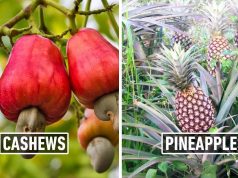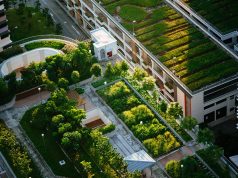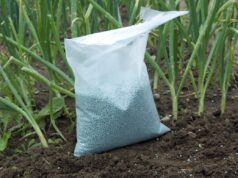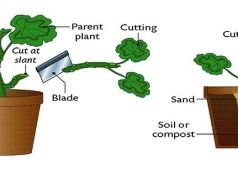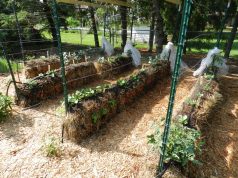
As the global population continues to grow, the pressure on agricultural production and food security has never been greater. In order to meet these demands, farmers are constantly seeking innovative ways to optimize their crop yields. One such innovation that has proven to be highly effective is the use of shade nets in agriculture. They offer a range of benefits, from protecting plants from extreme weather conditions to improving overall crop productivity. In this article, we will explore the various advantages of shade nets and how they can contribute to maximizing your crop yield.
Protection from Harsh Weather Conditions

Shade nets provide a protective barrier between the plants and the elements, shielding them from harsh weather conditions such as excessive sunlight, wind, and hail. This protection is particularly important in regions with extreme temperatures, where crops can be damaged or destroyed by prolonged exposure to intense sun or cold. By using shade nets from sjzqibang, farmers can mitigate the risks associated with these conditions and ensure that their plants have the best possible chance of survival and growth.
Reduction of Evaporation and Water Usage
Another significant benefit of these products is their ability to reduce evaporation, thereby conserving water. In areas with limited water resources, water conservation is crucial for sustainable agriculture. They help maintain a more humid microclimate around the plants, reducing the rate of evaporation from the soil and plant surfaces. This, in turn, minimizes the need for frequent irrigation, leading to more efficient water usage and reduced costs for farmers.
Pest and Disease Control

Shade nets can also serve as a barrier against pests and diseases. They can be used to cover crops, effectively preventing the entry of insects and other pests that may damage or destroy plants. This reduces the reliance on chemical pesticides, which can be harmful to the environment and human health. Furthermore, shade nets can help prevent the spread of diseases by minimizing contact between plants, and reducing the likelihood of cross-contamination.
Improved Plant Growth and Quality
The use of shade nets can lead to healthier and more productive plants. By providing optimal levels of shade, they can help regulate the temperature and light conditions, creating a more suitable environment for plant growth. This is particularly beneficial for crops that require specific levels of sunlight amount, such as vegetables and ornamental plants. As a result, plants grown under nets often exhibit improved growth rates, higher yields, and better-quality produce.
Enhanced Photosynthesis
By filtering sunlight, shade nets can provide the optimal light intensity and spectrum for photosynthesis, ensuring that plants receive the necessary energy for growth without being exposed to excessive heat or light. This can lead to increased biomass production, ultimately resulting in higher crop yields.
Reduced Soil Erosion

They can help to minimize soil erosion, a significant concern in agriculture. In areas prone to heavy rains or strong winds, nets can act as a barrier, protecting the soil from being washed or blown away. This helps to maintain soil structure and fertility, promoting healthier plant growth and higher yields.
Extended Growing Season
Shade nets can also be used to extend the growing season for certain crops. By providing a controlled microclimate, nets can help maintain optimal temperatures and humidity levels, allowing farmers to grow crops that might otherwise struggle to survive outside their natural growing season. This can lead to increased crop diversity and a more reliable food supply throughout the year.
Conclusion

Shade nets in agriculture provide a cost-effective, efficient way to maximize the crop yield of any agricultural enterprise. With their ability to reduce water loss, protect from pests and diseases, and reduce temperature extremes, they are an essential tool for achieving optimal harvest yields. Whether you are growing vegetables or fruits for small-scale sale or large-scale commercial production, investing in quality shade netting is one of the most effective ways to increase your profits.

